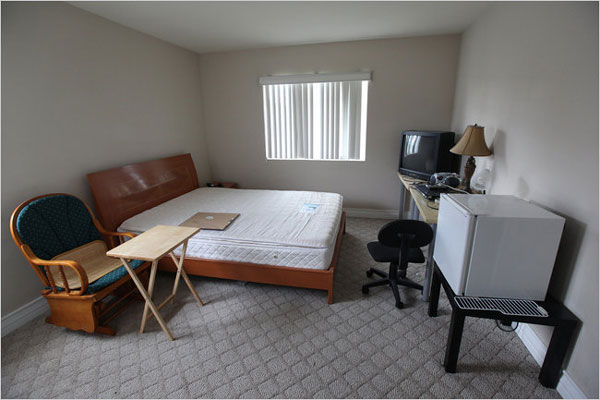 I wasn’t born in the United States, but came here the way most Asian immigrants did in the late sixties and early seventies. We were part of the official pool of immigrants that the U.S. government let emigrate to the United States under the quota policy. My younger sister on the other hand was born here in the United States, and I always felt a twinge of jealousy knowing that some day she could be president of the United States, while I could not, having only naturalized citizenship status. This quirk of being given automatic citizenship for being born in the United States is one that is being given more attention in the forum of public debate, as illegal immigration has quickly moved to a primary focus during this economic downturn. Anchor babies have been front and center as Arizona’s Republican legislature considered passing a law to ban anchor babies from receiving automatic U.S. citizenship.
I wasn’t born in the United States, but came here the way most Asian immigrants did in the late sixties and early seventies. We were part of the official pool of immigrants that the U.S. government let emigrate to the United States under the quota policy. My younger sister on the other hand was born here in the United States, and I always felt a twinge of jealousy knowing that some day she could be president of the United States, while I could not, having only naturalized citizenship status. This quirk of being given automatic citizenship for being born in the United States is one that is being given more attention in the forum of public debate, as illegal immigration has quickly moved to a primary focus during this economic downturn. Anchor babies have been front and center as Arizona’s Republican legislature considered passing a law to ban anchor babies from receiving automatic U.S. citizenship.
In addition to the Arizona news, this week the New York Times reported that officials shut down an anchor baby operation in San Gabriel, CA, where pregnant Chinese women were sold vacations in the United States close to their due date, so they could deliver their babies in the U.S. and thereby get U.S. citizenship for their new born child. The operation was shut down for code violations, and not because there was anything illegal about the women coming to the U.S. to deliver their babies. Most people probably don’t realize that women from other countries have been coming to the U.S. to deliver their expectant child, long before the recent attention brought on by the “maternity house” and Arizona news. The shocker here to many is that in this case, the “maternity tourism” business was so blatant. Even if “maternity tourism” causes outrage among conservatives, keep in mind that even if a pregnant women doesn’t pay to get herself to the U.S. in time to delivery her baby, as long as they have enough money it’s still legal to buy your way in to the United States and get a green card as well.
If you read the comments on the NY Times article on the “maternity house”, you’ll find many readers claiming that the Chinese utilizing this service aren’t likely to come back to the U.S., and are planning on using the U.S. citizenship as a way to get into better schools in China for their child. Apparently having a foreign passport opens up the ability to apply to better schools with lower test scores, and bypass the fierce competition in the best Chinese schools. So, if they aren’t availing themselves of U.S. citizenship to get U.S. services, then at worst, these Chinese women are providing additional dollars to the U.S. economy. These women are basically doing what any parent would do, giving their child a step up for the future, and actually doing it legally as well.
For me, the concept of “maternity tourism” actually hit a lot closer to home than I ever expected. Not that I know anyone who has come to the U.S. to deliver a child, but instead by practicing my normal Asian filial duty. As the only son, it was up to me to take care of my parents when they both fell ill from cancer. To make things easier for our family, we decided my parents should move in, but we knew it would be tough going, especially in a cramped small California home. That’s why back in 2005, I jumped on the chance to purchase a 7 bedroom house in the San Francisco Bay Area that was going for well under market value. It was a perfect solution to house our multi-generational family. Unfortunately my dad passed away shortly after we moved in, and my mom actually thought the house was too big, and she felt like she was isolated from the rest of the family.
So we downsized and tried to sell our big house in 2007, just as the housing market crashed. The house sat empty for a year before we caved in and decided to rent out the house. During the time the house was offered for rent, I had a few people call me up and view the property, telling me they were interested in renting our home out to start a Chinese maternity ward, in essence to set up a “maternity tourism” business. I guess we were lucky in that none of these people took us up on our rental, as I’m sure they would have had the same code violation problems found in the home in San Gabriel. When I was told about these business plans by prospective tenants, I certainly never expected to be reading about “maternity tourism” in the news.
[Photo courtesy of NY Times]







